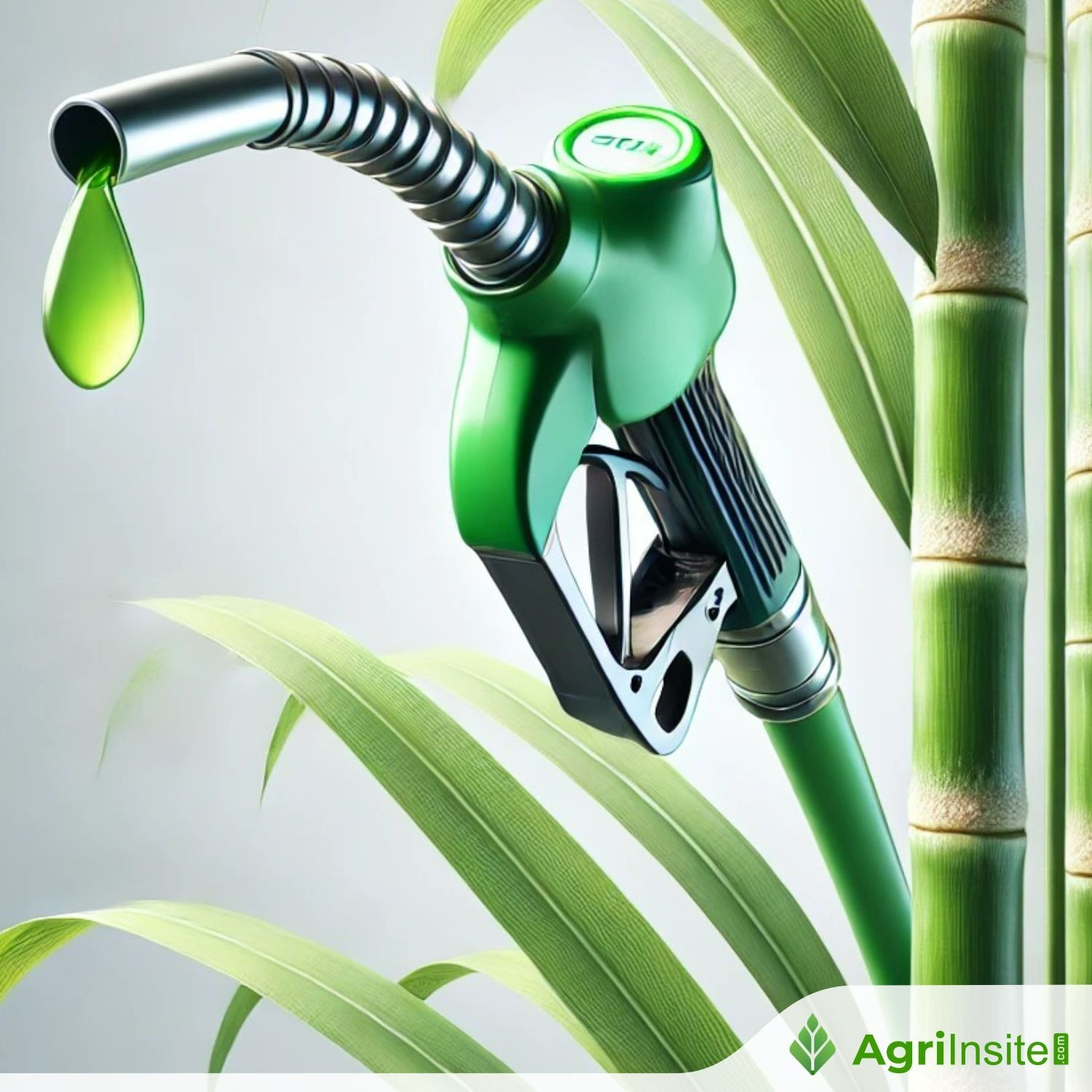Use of E20 safe for vehicles: ISMA quashes misconceptions on ethanol-blending programme

India’s ethanol-blending programme is scientifically sound and globally proven, say industry bodies amid misinformation. Tests confirm E20 fuel is safe for vehicles, with manufacturers producing E20-compliant models. Ethanol boosts farmer incomes, reduces oil imports
In light of recent misinformation circulating on social media regarding ethanol-blended petrol (E20), several industry bodies have clarified that India’s ethanol blending programme is scientifically validated, globally proven, and strategically crucial for the nation’s energy independence and the welfare of its farmers.
Contrary to claims that E20 fuel damages vehicle engines, extensive testing by Oil Marketing Companies (OMCs) and certification from the Automotive Research Association of India (ARAI) have confirmed E20 compatibility for Indian vehicles. Automobile manufacturers are already rolling out E20-compliant vehicles with clear labelling and user guidance. The Ministry of Petroleum and Natural Gas has already issued official data and technical findings affirming ethanol’s superior fuel characteristics, effectively addressing and dispelling such concerns.
Globally, countries such as Brazil have been using ethanol blends ranging from E20 to E100 for decades without reports of widespread vehicle issues. Brazil, has been running E100 vehicles since the 1980s and currently blends over 27% ethanol in its petrol, with advancements to achieve 30% base blend by 2030.
“Ethanol-blended fuel is not just a technological choice, it is a national imperative. Backed by rigorous scientific validation and decades of global experience, it delivers clear benefits for our farmers, our economy, and our environment. Any attempt to undermine this programme risks slowing India’s progress toward energy self-reliance, rural prosperity, and cleaner air for all,” said Deepak Ballani, Director General of the Indian Sugar & Bio-energy Manufacturers Association (ISMA)
From an economic perspective, the ethanol blending programme has emerged as a game changer for over five crore sugarcane farmers across India. More than ₹1.18 lakh crore has been transferred to farmers through the ethanol ecosystem. This improves the financial health of sugar mills, ensures timely payments to farmers, and helps manage excess sugar inventories, ultimately stabilizing sugarcane prices and protecting farmer incomes. The programme aligns strongly with the Government’s ‘Annadata se Urjadata’ vision of transforming farmers into energy providers.
Ethanol blending is also a key pillar of India’s energy security strategy. With the country importing over 85% of its crude oil requirements, increasing ethanol use helps reduce this dependency. The E20 target alone is expected to save ₹35,000–₹40,000 crore in foreign exchange annually, shielding the Indian economy from volatile global oil prices.
Environmental gains from ethanol are equally significant. On a lifecycle basis, ethanol reduces greenhouse gas emissions by 40–60%. Experiences from cities like São Paulo in Brazil, which has seen over a 50% drop in urban air pollution due to ethanol use, demonstrate the public health potential of widespread blending.
The recent negative campaign on social media against ethanol-blended fuels is not only misleading but also detrimental to a nationally important programme. The ethanol blending initiative has been developed through rigorous scientific testing, with the support of industry, government, and regulatory bodies. It supports farmers, boosts rural incomes, reduces oil imports, cleans the environment, and sets India firmly on the path to sustainable development.
“Ethanol is not just an alternative fuel, it is a cleaner, smarter, and more inclusive energy solution for India’s future. Ethanol-blended fuel is safe, strategic, and central to India’s journey toward self-reliance and environmental sustainability,” ISMA DG further added.
To Read more about Ethanol Industry & Bio Energy News, continue reading Agriinsite.com
Source : Chinimandi
















